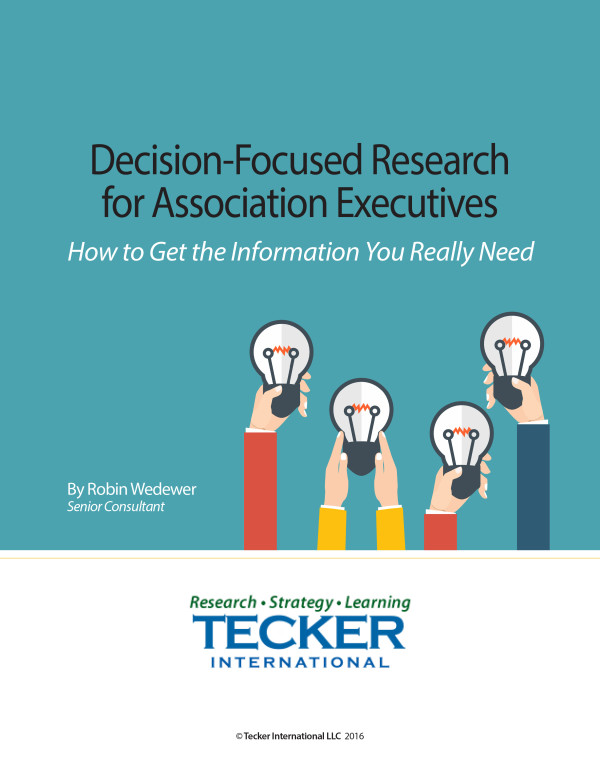When your association membership is based on organizations and not individuals, how do you handle the election process for board members? This is an issue that tends to surface periodically in associations. It has to do with the peculiar governance model of associations which is one half political (representative) and one half corporate (fiduciary duties of any corporate board).
It is possible to uncouple the membership model from your governance model. This relieves the association of the perceived need to distribute power based on dollars, doorknobs, or noses. You may then be able to move the board from the political end of a continuum of governance models to closer to the more business-like side of the continuum. Our clients that have done this have found a better balance for their Board between representativeness and effectiveness.
A “balanced board” can be achieved with:
- A changed role for the nominating committee from job placement to executive search;
- Board consultation on perspectives, experience, & expertise needed; and
- A commitment to vetting candidates for a defined set of essential competencies related to the role of a board member of a not for profit corporation.
Whether taking a board seat is authorized by appointment or election is mostly related to the culture of the organization and the practices its members are used to in their own workplaces. Large company trade associations tend to be comfortable with appointed boards. Smaller company trade associations will often have supporters for both approaches and have been known to create a hybrid board membership of some elected and some appointed.
In a few innovative organizations with elections and a robust talent pool a minimum of three very qualified candidates are nominated for each vacancy; thereby creating only a winner rather than a winner and a loser.
This is an area where there is no one “best practice”. But, there are “effective” practices and practices that “stink.” Most memberships can tell the difference when they are educated about the choices.


